Cats, unlike dogs, are a little bit aloof. But they are cute and cuddly, and they make for good companions. Your cat will get sick in the course of its life, despite your best efforts. During these times, you have to be extra sensitive to how your cat is feeling. Try to see the differences in its behavior. Look for physical symptoms. The earlier you spot the warning signs, the earlier the treatment can begin, the better your chances are at curing whatever is ailing your cat. Sure, your vet will look for any tell-tale signs of an illness but monitoring changes can make a huge difference to your cats health.
Changes in your cats behavior
Cats posses the same behaviors larger felines do. When they are suffering from an illness or injury, cats will retire and hide so they can heal in peace. This is because in the wild, any sign of weakness is an incitement to predators and competitors. Look out for small changes in your cats behavior as this may be your only clue to move along with.
Cats are solitary creatures, but they do stick to a routine and interact with their owner in the course of the day. If your cat chooses to be alone for more than a day, it is very likely that it is experiencing some trouble. If your cat is normally playful or listless but suddenly lost interest in toys or refuses to move at all, your cat maybe in distress. Your cats purring may also be a clue to how it is feeling. Purring, combined with a bad move and excessive defensiveness may be a signal of pain.
When to call a vet
When you notice you cats strange behavior, give it a careful physical exam. Check for wounds, lumps or difficulty in breathing. Some signs may not be as obvious. If your cat just doesnt seem right to you, call your vet immediately. Here are other things you should do:
Take your cats temperature. A cats temperature should be between 101 and 102.5 degrees Fahrenheit (38.3 and 38.1 degrees Celsius). A slight increase may be normal, but if your cats temperature reads 105 degrees F, take him to the vet immediately. Temperatures lower than 100 degrees F are also signs of a serious ailment.
Check for drastic changes in your cats appetite or thirst.
Check for irregularities in your cats bowel movements. Constipation is also a cause for concern. Inspects its stool. It should be firm and consistent. If your see blood, worms or things that appear like grains of rice, take a sample and take it to your vet for testing.
If you notice a considerable increase in your cats urination along with a noticeable increase in thirst, it could be a sign of kidney failure or diabetes. Cloudy or bloody urine, plus pain when urinating warrants a visit to the vet.
Vomiting and diarrhea are fairly common in cats and may be caused by a gastric upset only. However, constant vomiting, projectile vomiting, blood in the vomit and/or unproductive retching may be a sign or a serious stomach problem. Also, persistent diarrhea may signal a number of serious disorders.
Sneezing, coughing and runny eyes often means a common cold or flu-type illness and usually clears up within a few days. But, if these symptoms persist or are complicated by pus-like discharges, drooling or listlessness or loss of appetite, call your vet.
Anemia is characterized by pale gums, tongue and lack of energy and appetite. If you think your cat is anemic, take it to the vet immediately. Anemia could be a sign of some other illness.

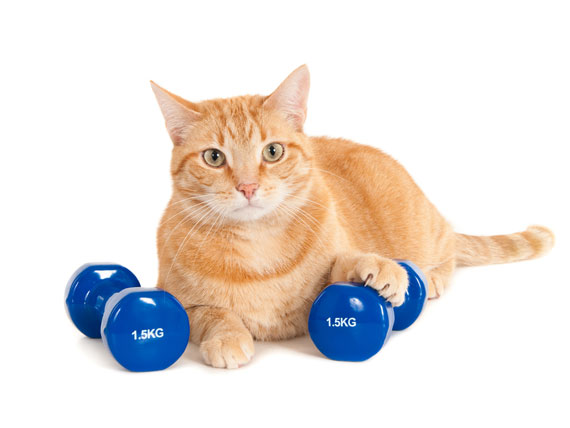 How Gene Research Can Help Your Cat Lose Weight
How Gene Research Can Help Your Cat Lose Weight
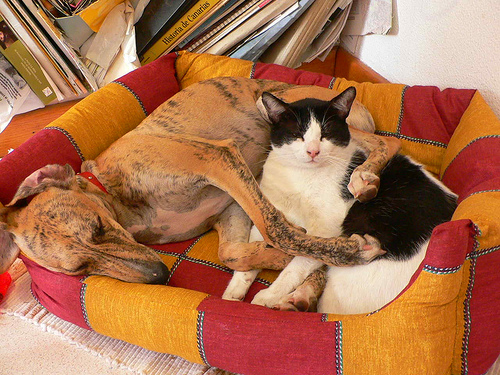 Cats Are Different: How a Cat's Nutritional Needs are Different from a Dog's
Cats Are Different: How a Cat's Nutritional Needs are Different from a Dog's
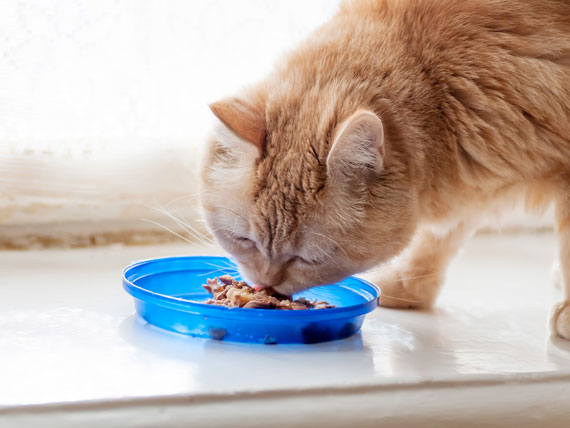 Chronic Kidney Disease in Cats: Monitoring Nutrition is Essential
Chronic Kidney Disease in Cats: Monitoring Nutrition is Essential
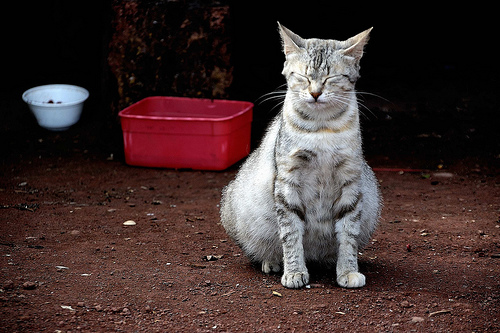 A Quick Guide to Looking After a Pregnant Cat
A Quick Guide to Looking After a Pregnant Cat
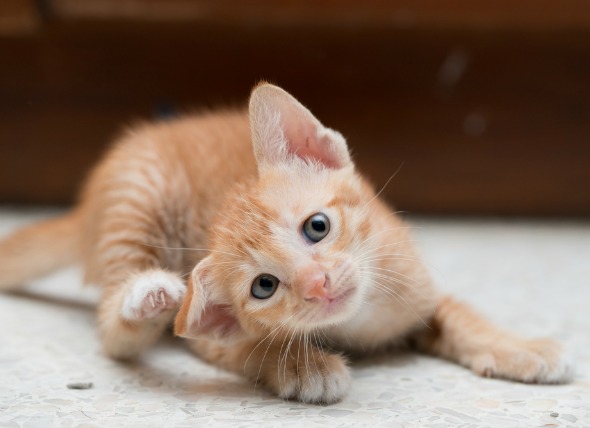 How Did My Cat Get Fleas and/or Ticks?
How Did My Cat Get Fleas and/or Ticks?
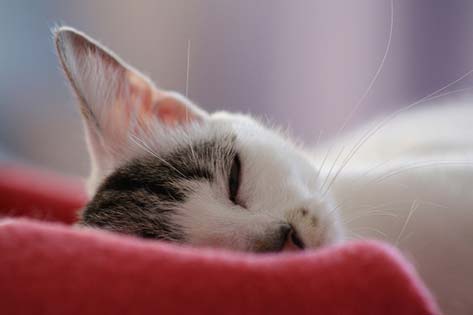 Why Do Cats Sleep So Much?
Why Do Cats Sleep So Much?
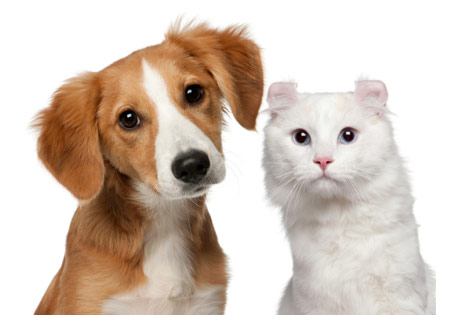 Deconstructing Pet Food Labels
Don't Stop at Just Reading the Pet Food Ingredients
Deconstructing Pet Food Labels
Don't Stop at Just Reading the Pet Food Ingredients
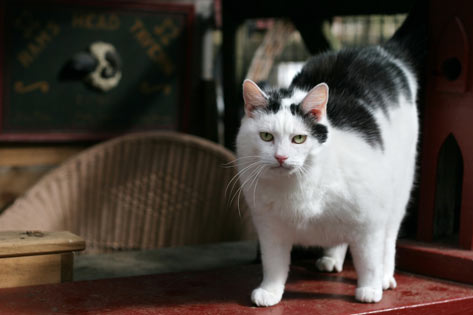 Why Your Cat's Weight Really Matters
Weight Isn’t Just a Cosmeti
Why Your Cat's Weight Really Matters
Weight Isn’t Just a Cosmeti
 Smart Shopping For Cat Food
What Should I Feed My Cat?
What
Smart Shopping For Cat Food
What Should I Feed My Cat?
What
 How Did My Cat Get Fleas and/or Ticks?
By Jennifer Kvamme, DVM
If you are a
How Did My Cat Get Fleas and/or Ticks?
By Jennifer Kvamme, DVM
If you are a
 Making Ends Meet While Eating Healthy - You and Your Cat!
When considering the cost of feeding your cat alon
Making Ends Meet While Eating Healthy - You and Your Cat!
When considering the cost of feeding your cat alon